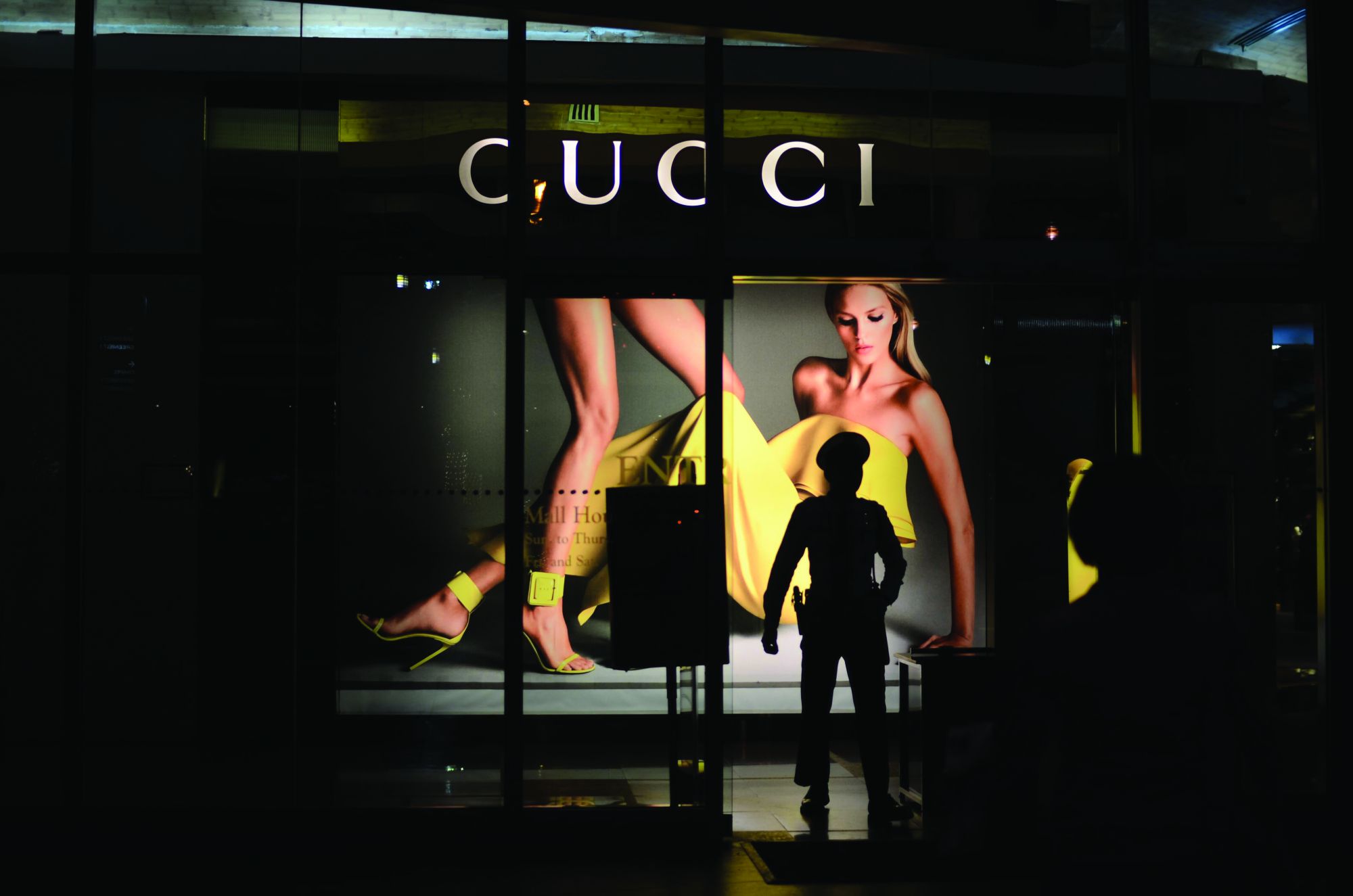Industry experts weigh in on the evolving retail landscape as a result of the global pandemic and how consumers will shop in a “new normal” world
In many parts of the globe, stores were forced to shutter down in compliance with government regulations, as lockdowns became imperative to arrest the spread of Covid-19. In the Philippines, the entirety of Luzon was placed under Enhanced Community Quarantine (ECQ) from 16 March to 15 May, and only businesses deemed essential were allowed to operate. It was inevitable that the pandemic would put a considerable damper on economic growth. In a report sent to journalists, the Bangko Sentral ng Pilipinas (Philippine Central Bank), said that growth would be sluggish for the remainder of 2020, with no rebound expected until 2021.
Hard-hit by present circumstances, the retail industry is one of those scrambling to adapt to what has been coined as “the new normal”. To stay afloat, short- and long-term solutions that cater to both business continuity and public safety are required. No textbook crisis communication plan has all the answers; in such unprecedented times, business owners must think on their feet. Now that the region is under the more relaxed General Community Quarantine (GCQ), malls and other businesses have resumed operations, with only non-leisure shops allowed to open.

The coronavirus pandemic might have inflicted a brutal blow on the economy, but it has led to a spike in the e-commerce industry, with consumers ordering essentials and goods online. “Lockdowns have increased online consumer activity,” said Lee Ju Ye and Chua Hak Bin, analysts of Maybank Kim Eng, a subsidiary of the Malaysian financial giant Maybank, in an 20 April report titled “Consumer Behavior During a Pandemic”. So how do businesses adapt to the evolving retail landscape amid the crisis?
For businessman Bryan Lim, vice president of Suyen Corporation, the pandemic that caught them off-guard when lockdowns were first announced pushed them to institute a post-ECQ action plan immediately. “The priority was to ensure the safety and employment of our people; next was customer safety and a business continuity plan,” he shares. Lim believes that the only way for retail to move forward is with the “support between LGUs, malls, retailers and consumers.”


